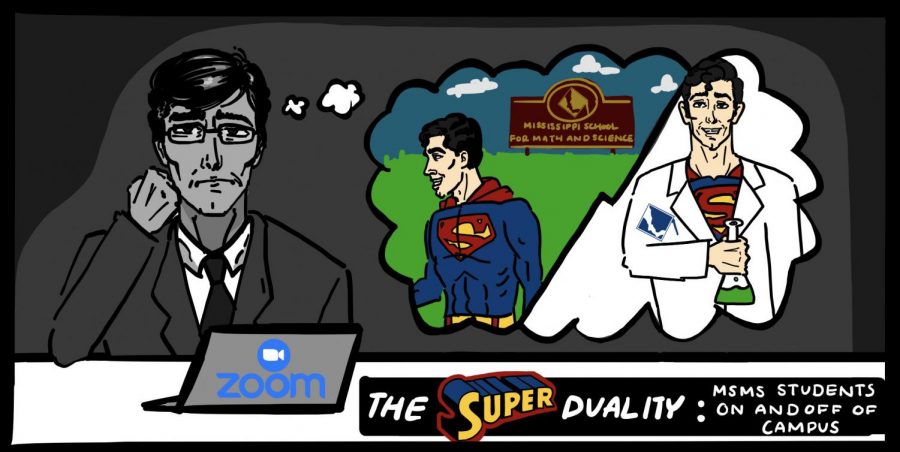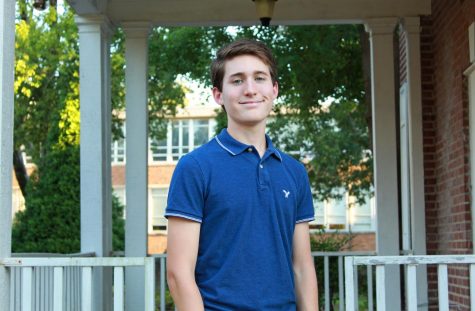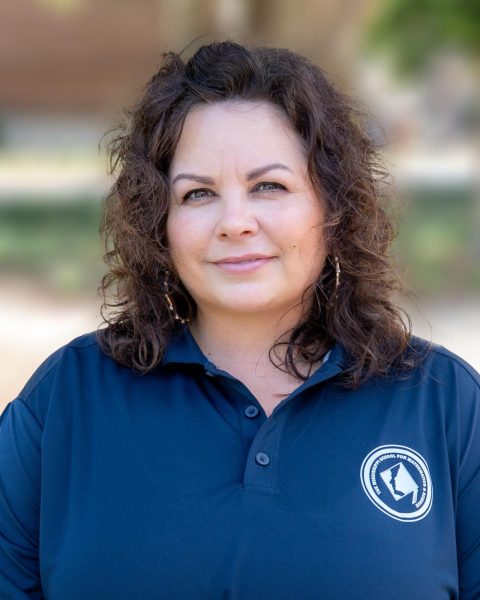Students struggling, yet remaining hopeful during virtual learning
Many MSMS students miss the experience of being on campus together.
September 23, 2020
Wake up at 7:50 A.M., get dressed, grab a granola bar and turn on the computer. Stare at the computer for four hours, take a 30 minute break to wolf down some ramen and go back to stare at the computer for another four hours.
This monotonous routine has been the routine of hundreds of MSMS students for over five weeks, and many students have expressed the challenge it has posed on their mental health.
In a simple random survey (SRS) of 23 MSMS seniors, students were asked to give their opinion on how their mental health has changed since school moved all-online last spring as well as how it has changed since school started this year.
The majority of students expressed that their mental health had not fared well since the pandemic caused MSMS to move all-online.
Out of the 23 seniors surveyed, 14 (61%) stated that their mental health had declined since the move last spring. Only four students (17%) stated that their mental health had improved, and the remaining five students (22%) chose “neutral.”
One anonymous senior shared how the isolation had affected them.
“My emotions have gotten numb,” the student said. “I don’t feel strongly about anything, and the loneliness is getting to me. I don’t talk to anyone all day, not even my family.”
However, like many students surveyed, the student still spoke to the complexity of the situation.
“I would like to see people in person again, but that’s understandably not going to happen anytime soon,” the student said.
However, students answered more positively on average about their mental health since school started. Seven students (30%) reported that their mental health had improved, and six students (26%) reported no change, showing that the majority of students (56%) have had neutral or positive changes in mental health since school started. Only 44% (10/23) of students reported their mental health getting worse.
One student who reported no change in mental health, Isabella Lindley, stressed the importance of being considerate of the situation at hand.
“My mood has been mostly positive this school year,” Lindley said. “I have tried to keep an open mind through this entire process. Stress definitely does not help, but it hasn’t been too bad so far.”
Still, other students reported declining mental health due to struggling to balance school and home life. One anonymous student specifically attributed this problem to the nature of MSMS itself.
“MSMS is made to be a residential high school where we would only have the obligations that the school gives us,” the anonymous student said. “Now, we have school and home obligations, and there just isn’t enough time for both, especially as a senior with a full schedule. I shouldn’t be forced to pick between studying, doing chores/day-to-day errands my parents ask me to run and applying for college.”
On the contrary, several students mentioned better mental health, often due to familial support. One such senior, Aastha Banga, attributed her improved mental health with being at home.
“Beginning of spring, I was struggling a lot with my emotions and my mental health due to some personal reasons and schoolwork,” Banga said. “My parents were supportive and helped me get through those difficult times. I am extremely thankful that I got to take a break from a busy environment and got to be at home while I got myself back up again.”
Lindley also reported relying on her family.
“I have not been able to really see my friends, but I have gotten a lot closer with my family, and they have been extremely helpful through these challenging times,” Lindley said.
Some students, like senior Jesse Tran, are choosing to remain hopeful during the pandemic and stressed the recurring theme of being understanding of the circumstances regarding virtual learning.
“I do dream of a day where we can all reunite and fulfill the MSMS experience by being on campus together, but I know that virtual learning is the best option now to limit the never-ending virus,” Tran said. “I may be foolishly optimistic, but I do believe that it will all return to normal sooner than later. Therefore, I am remaining patient.”









